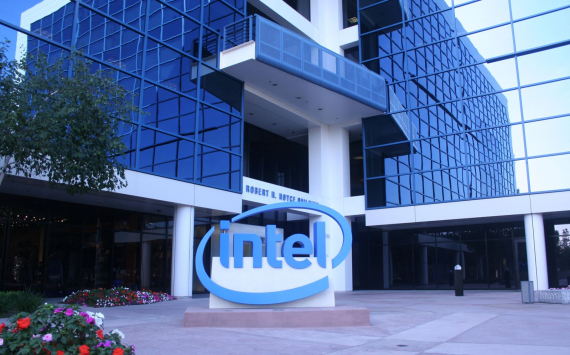Description
Acer Inc. is a Taiwanese multinational hardware and electronics corporation specializing in advanced electronics technology, headquartered in Xizhi, New Taipei City. Its products include desktop PCs, laptop PCs (clamshells, 2-in-1s, convertibles and Chromebooks), tablets, servers, storage devices, virtual reality devices, displays, smartphones and peripherals, as well as gaming PCs and accessories under its Predator brand. Acer is the world's 6th-largest PC vendor by unit sales as of January 2021.
In the early 2000s, Acer implemented a new business model, shifting from a manufacturer to a designer, marketer, and distributor of products, while performing production processes via contract manufacturers. Currently, in addition to its core IT products business, Acer also has a new business entity that focuses on the integration of cloud services and platforms, and the development of smartphones and wearable devices with value-added IoT applications.
History
Acer was founded in 1976 by Stan Shih, his wife Carolyn Yeh, and five others as Multitech in Hsinchu City, Taiwan. The company began with eleven employees and US$25,000 in capital. Initially, it was primarily a distributor of electronic parts and a consultant in the use of microprocessor technologies. It produced the Micro-Professor MPF-I training kit, then two Apple II clones–the Microprofessor II and III–before joining the emerging IBM PC compatible market and becoming a significant PC manufacturer. The company was renamed Acer in 1987.
In 1998, Acer reorganized into five groups: Acer International Service Group, Acer Sertek Service Group, Acer Semiconductor Group, Acer Information Products Group, and Acer Peripherals Group. To dispel complaints from clients that Acer competed with its own products and to alleviate the competitive nature of the branded sales versus contract manufacturing businesses, the company spun off the contract business in 2000, renaming it Wistron Corporation. The restructuring resulted in two primary units: brand name sales and contract manufacturing. In 2001, the company sold its manufacturing units BenQ and Wistron in order to focus resources on design and sales.
Acer increased worldwide sales while simultaneously reducing its labor force by identifying and using marketing strategies that best utilized their existing distribution channels. By 2005, Acer employed a scant 7,800 people worldwide. Revenues rose from US$4.9 billion in 2003 to US$11.31 billion in 2006.
Acer's North American market share has slipped over the past few years, while its European market share has risen.
In the mid-2000s, consumer notebooks were almost the sole growth drivers for the PC industry, and Acer's exceptionally low overheads and dedication to the channel made it one of the main beneficiaries of this trend. Acer grew quickly in Europe in part by embracing the use of more traditional distribution channels targeting retail consumers when some rivals were pursuing online sales and business customers. In 2007, Acer bought Gateway in the United States and Packard Bell in Europe, and became the third-largest provider of computers and the second largest for notebooks, achieving significant improvement in profitability. Acer has strived to become the world's largest PC vendor in the belief that the goal can help it achieve economy of scale and garner higher margin. However, such a reliance on the high-volume, low-value PC market made Acer exposed when buying habits changed.
In 2019, Acer announced the esports social platform PLANET9.gg, which aims to provide gamers and esports enthusiasts game analytics, community-organized competitions, socializing experience, and more.
























